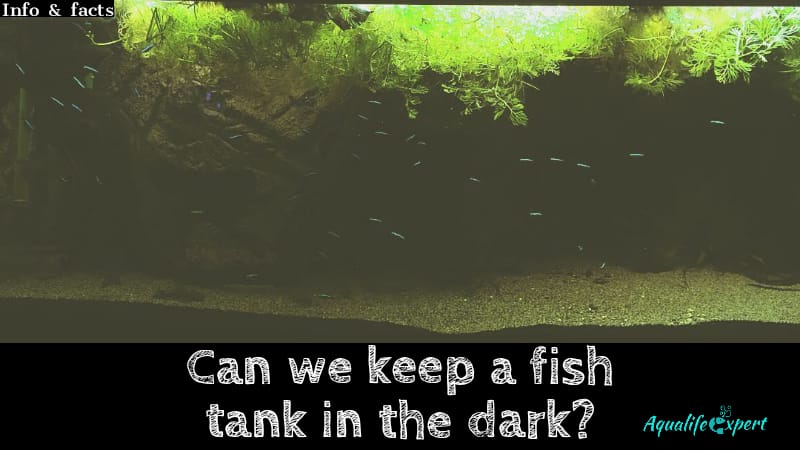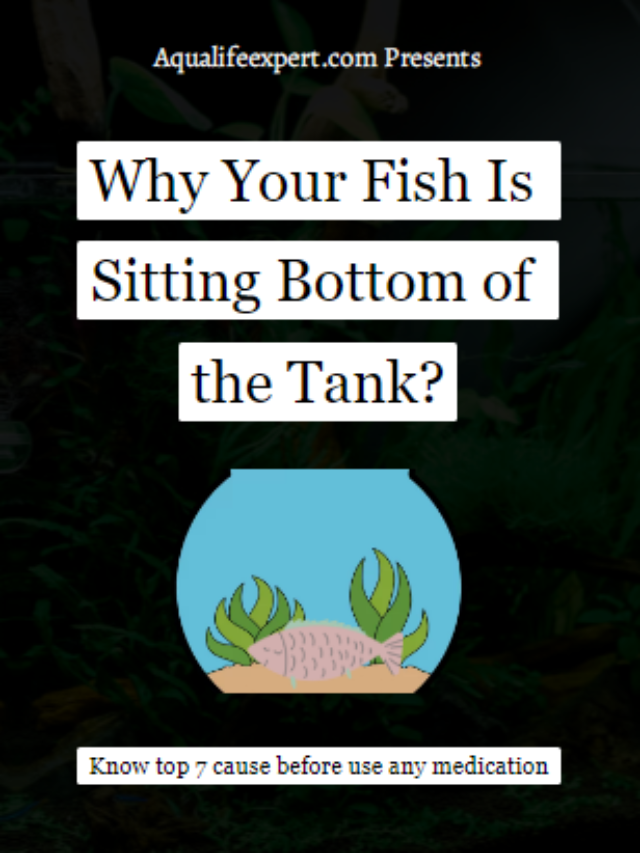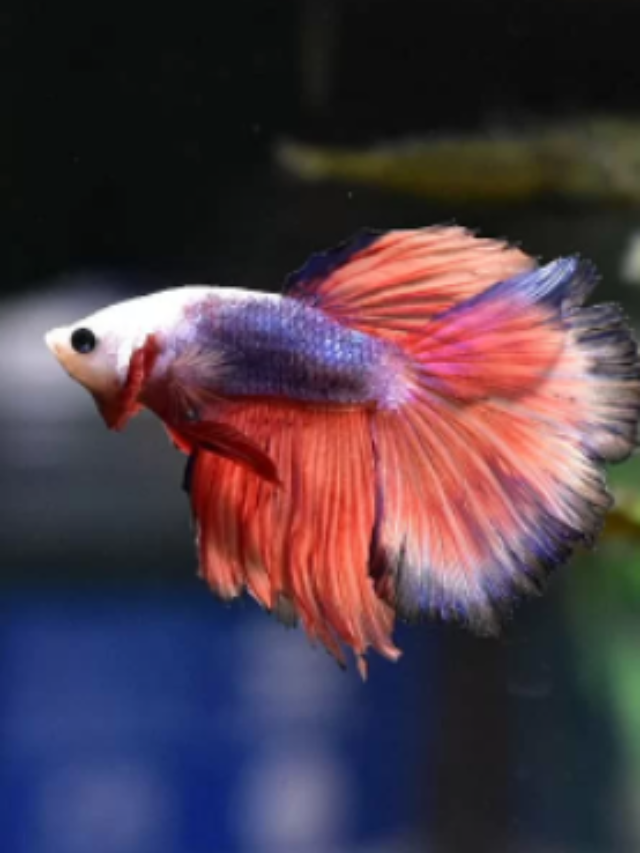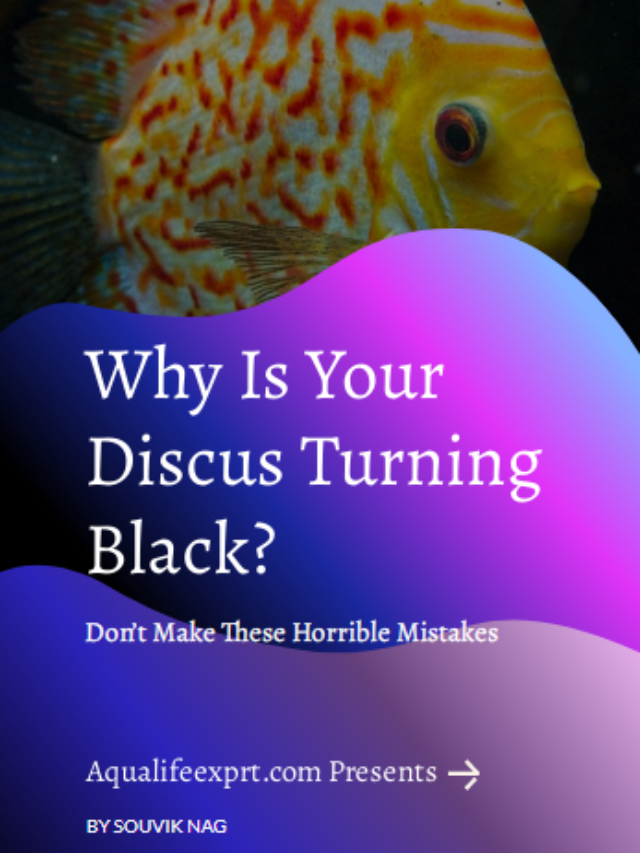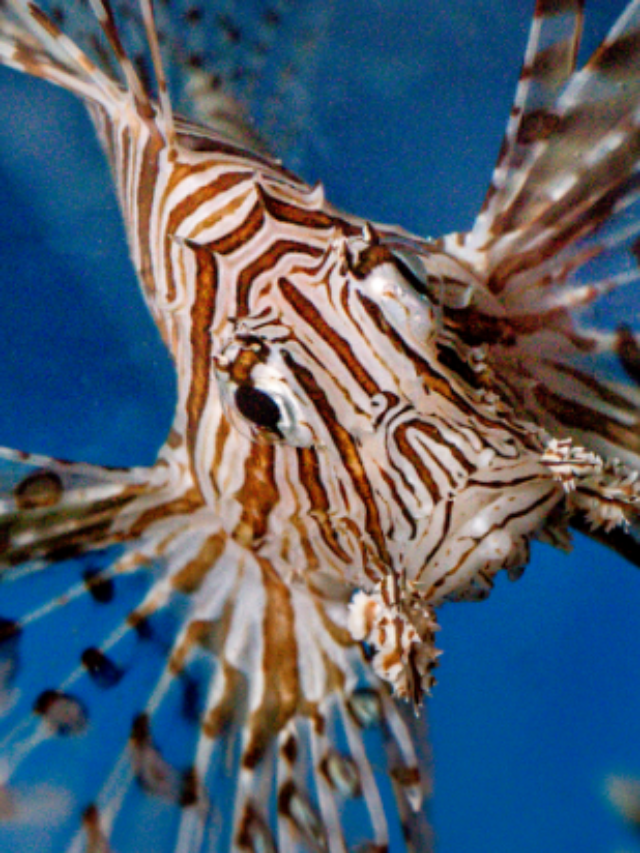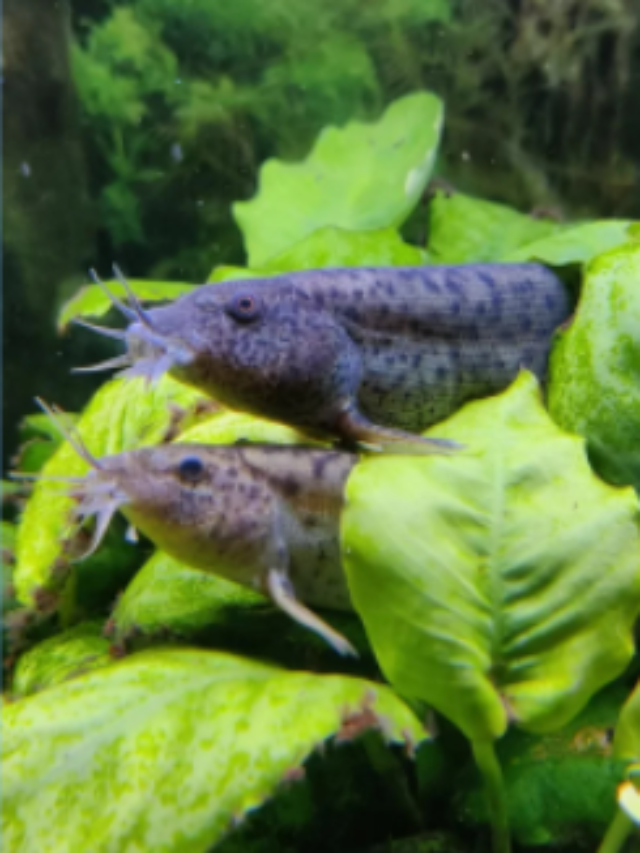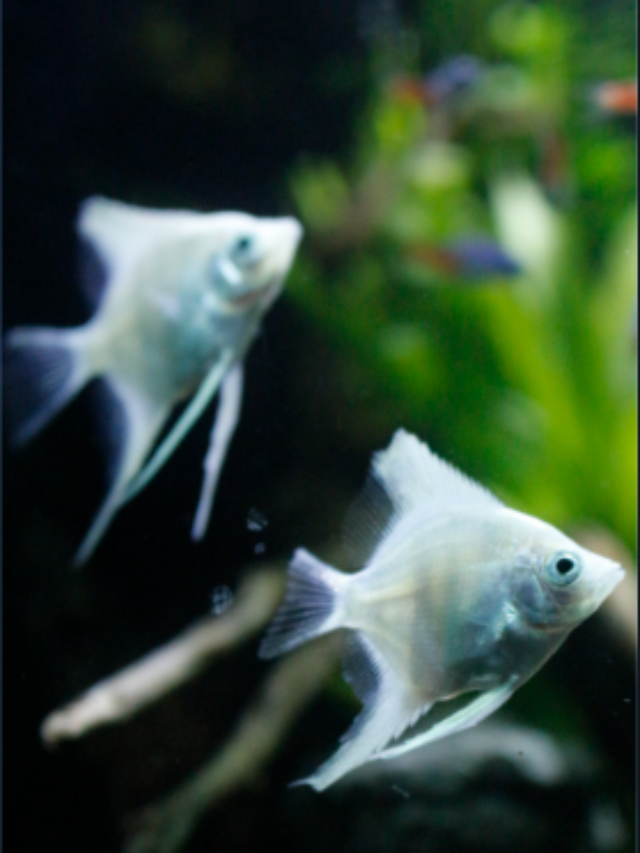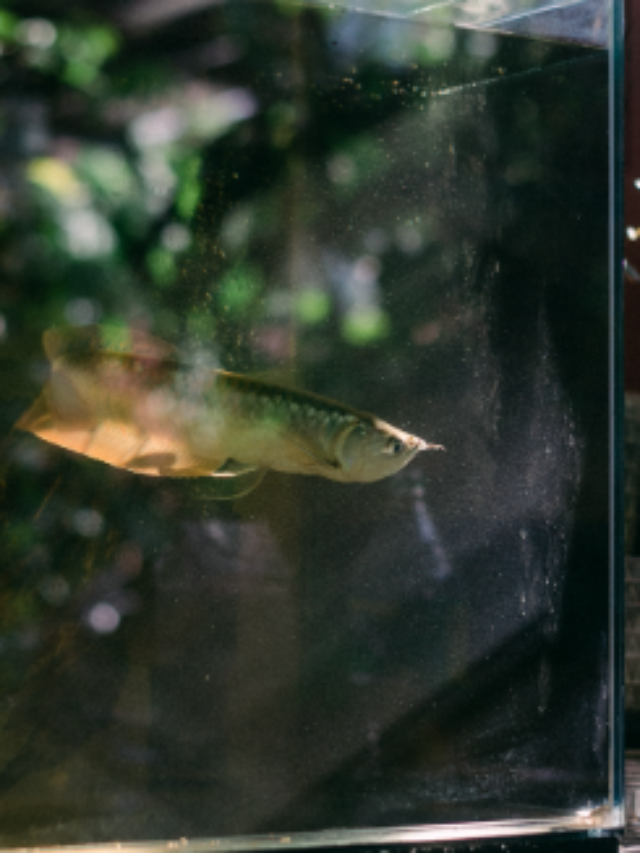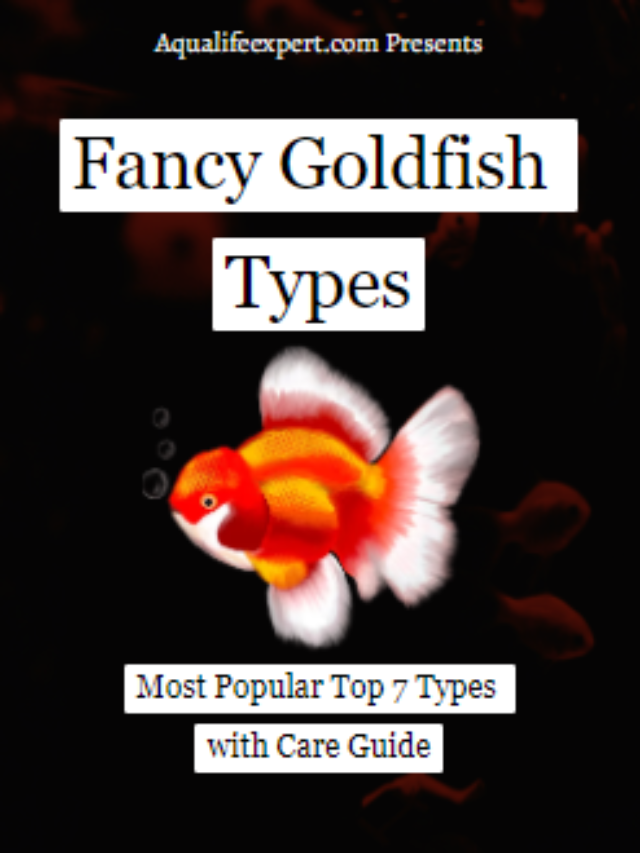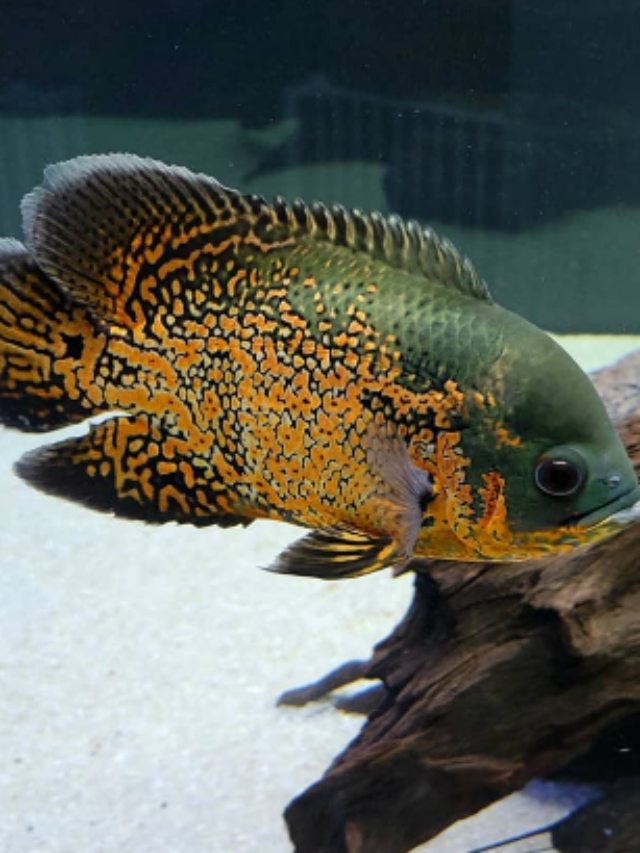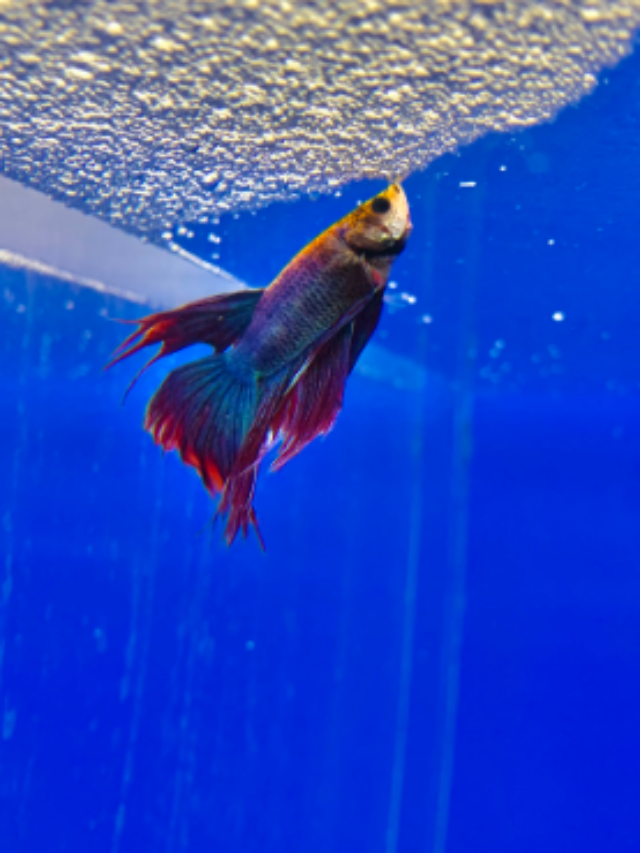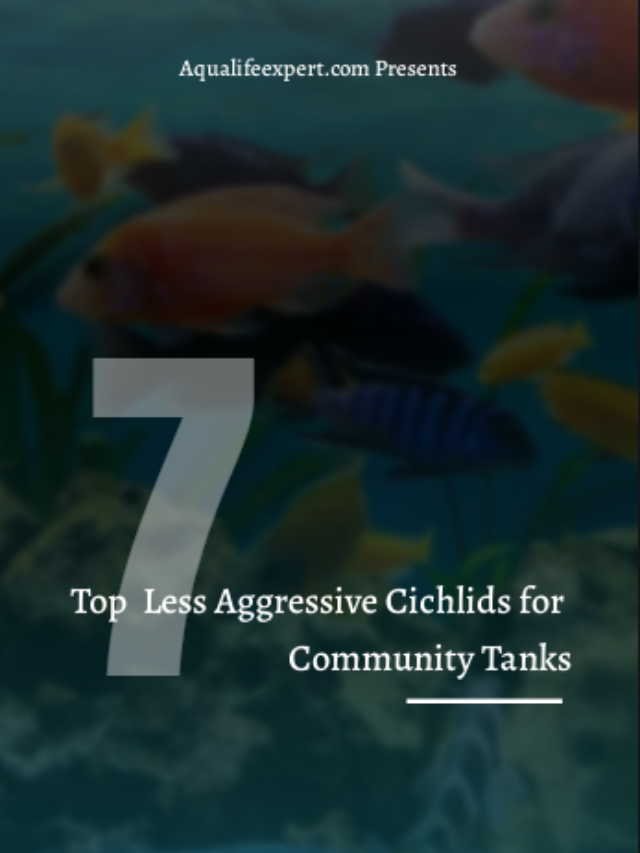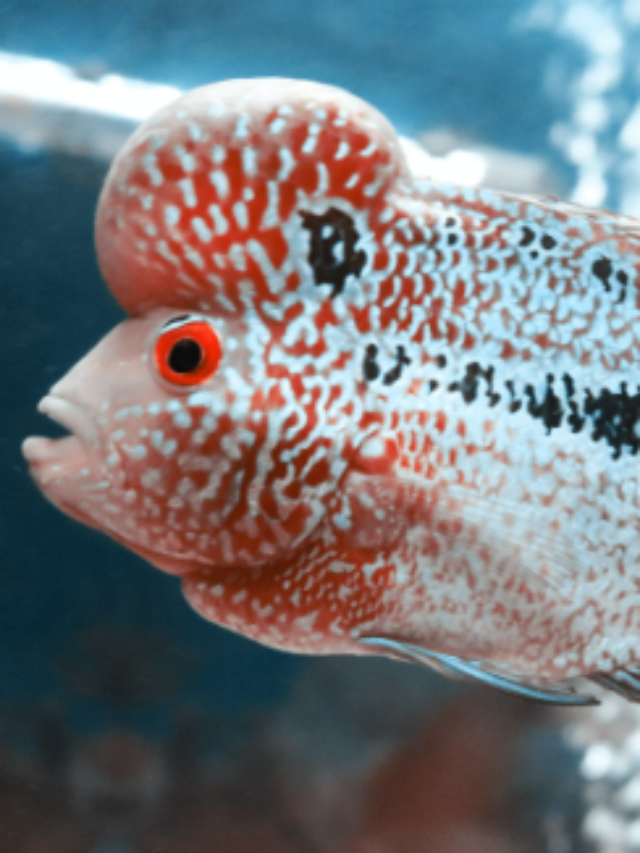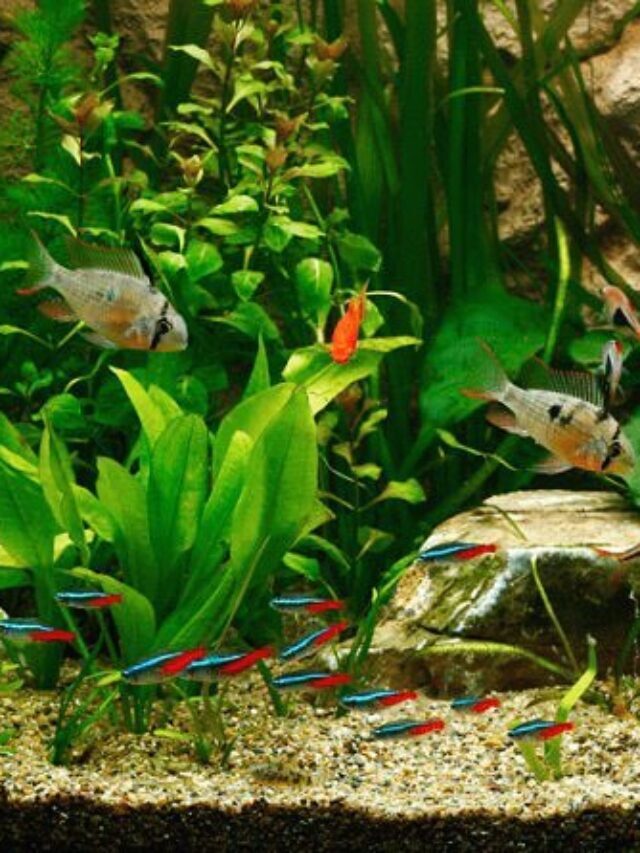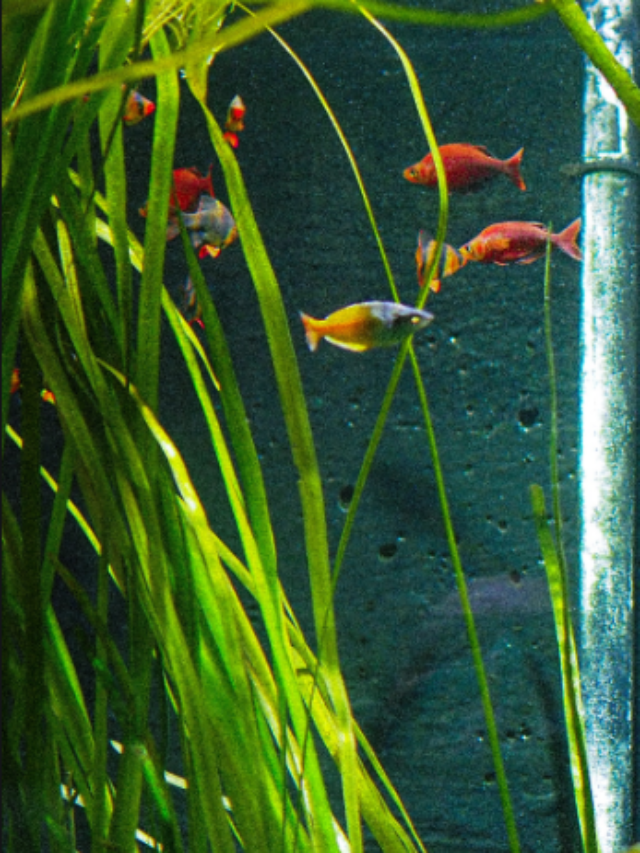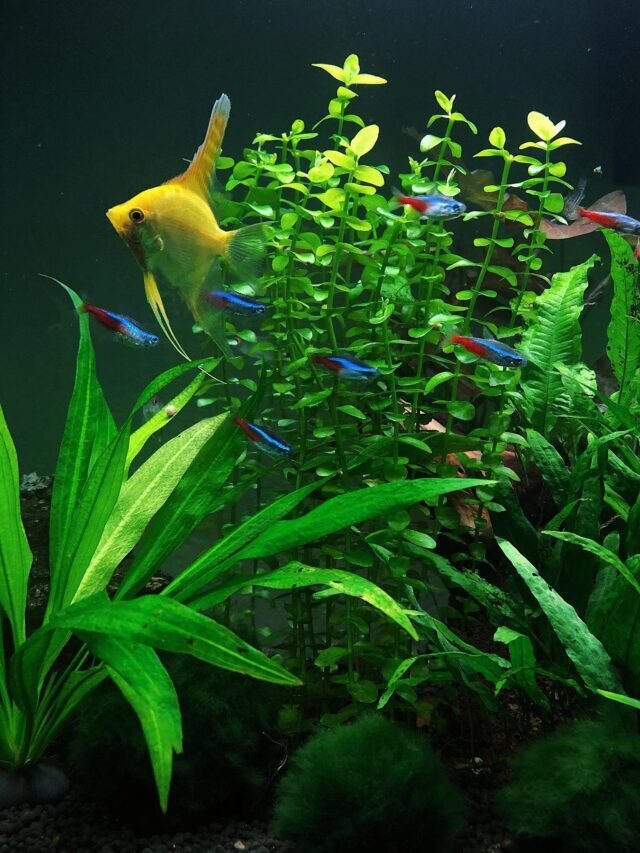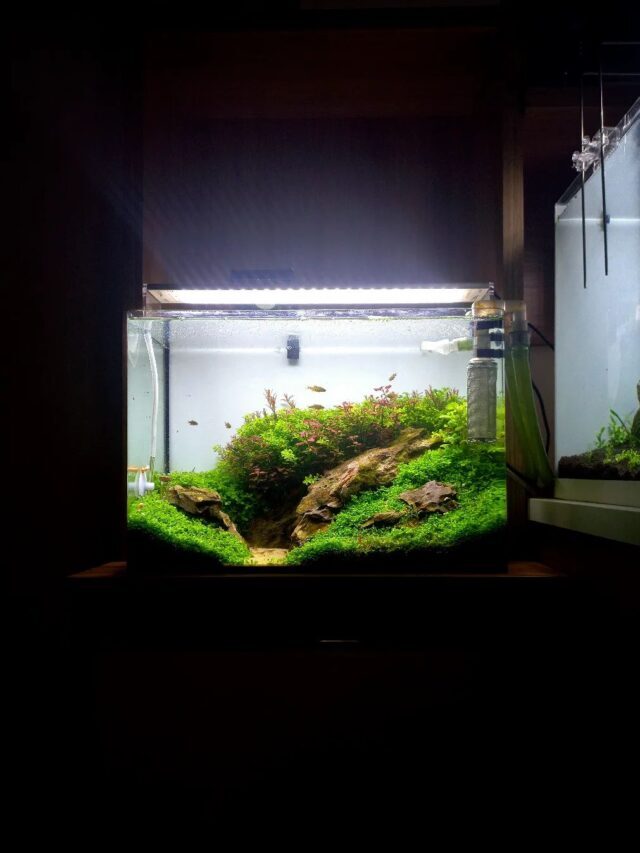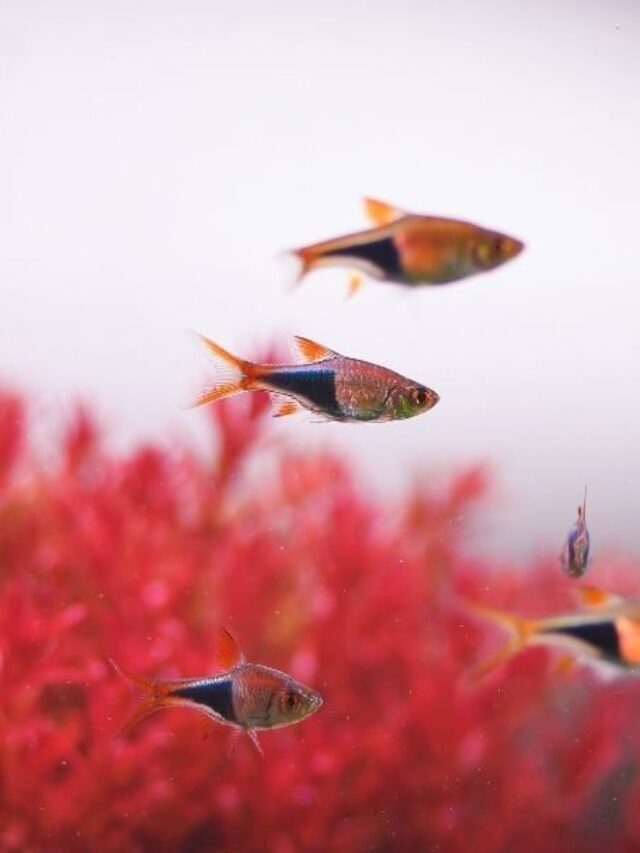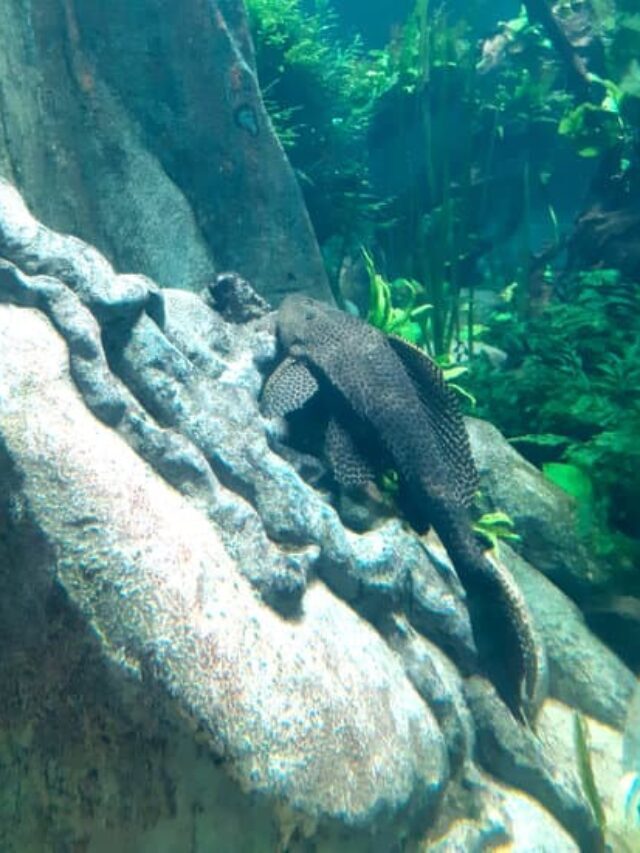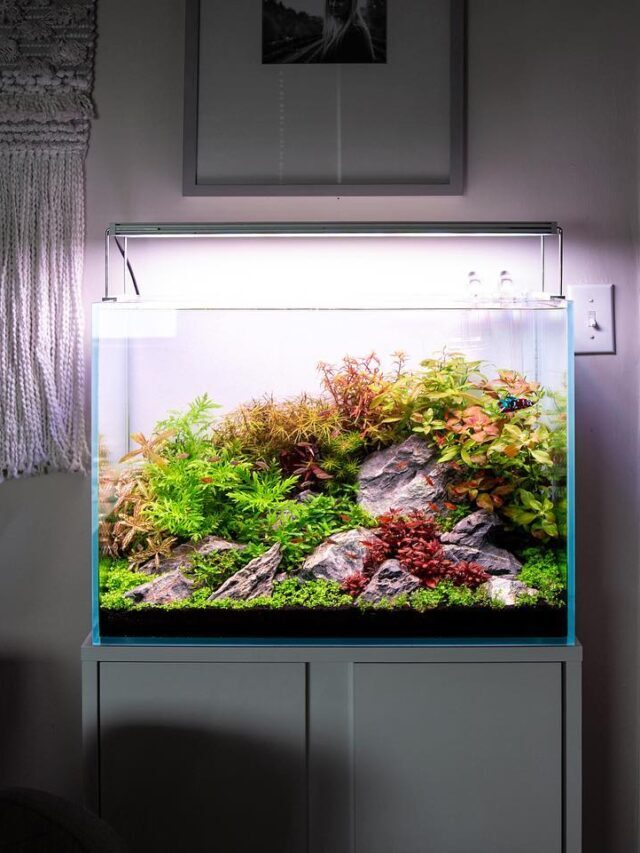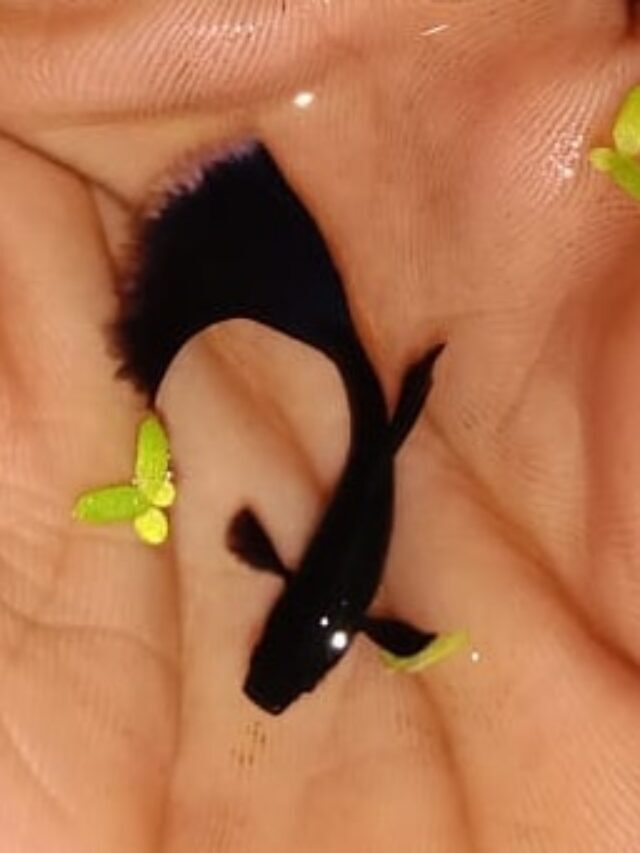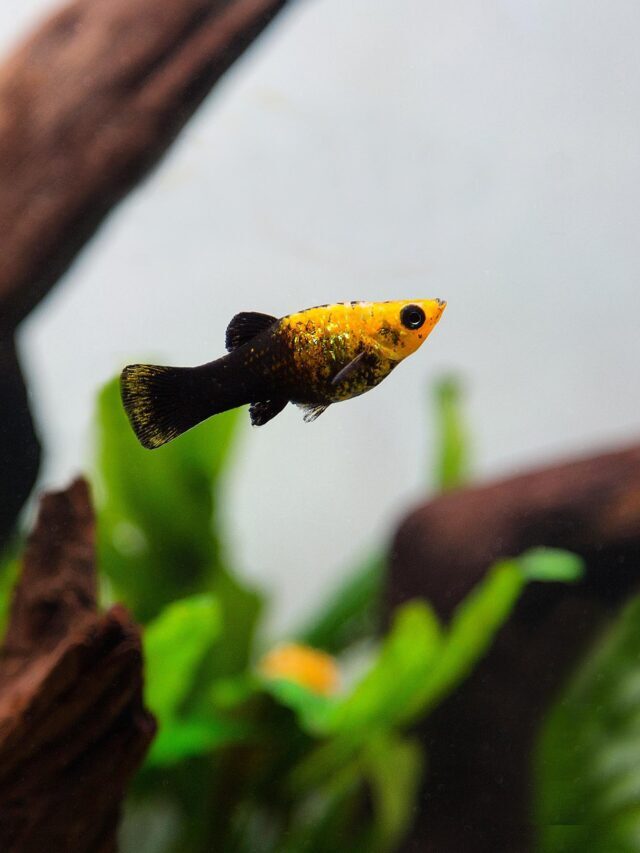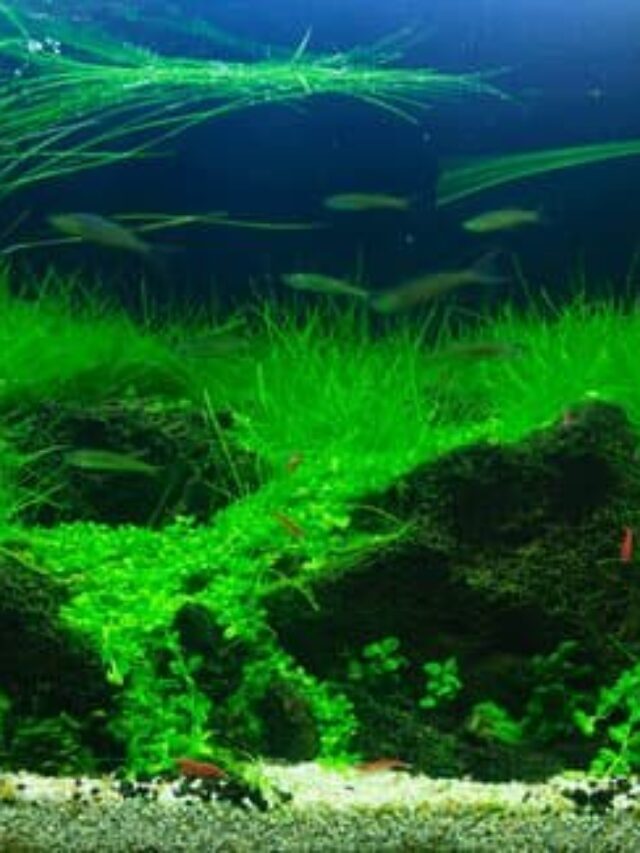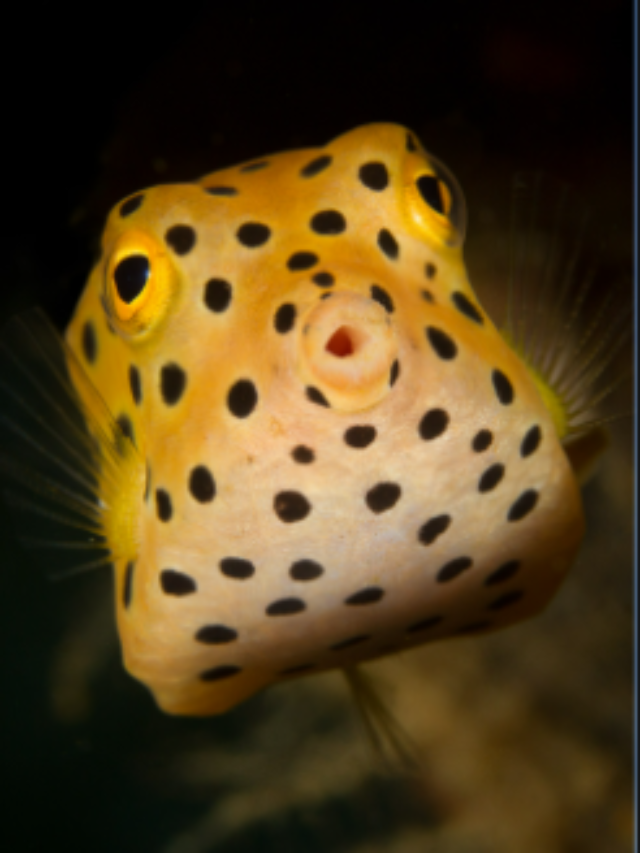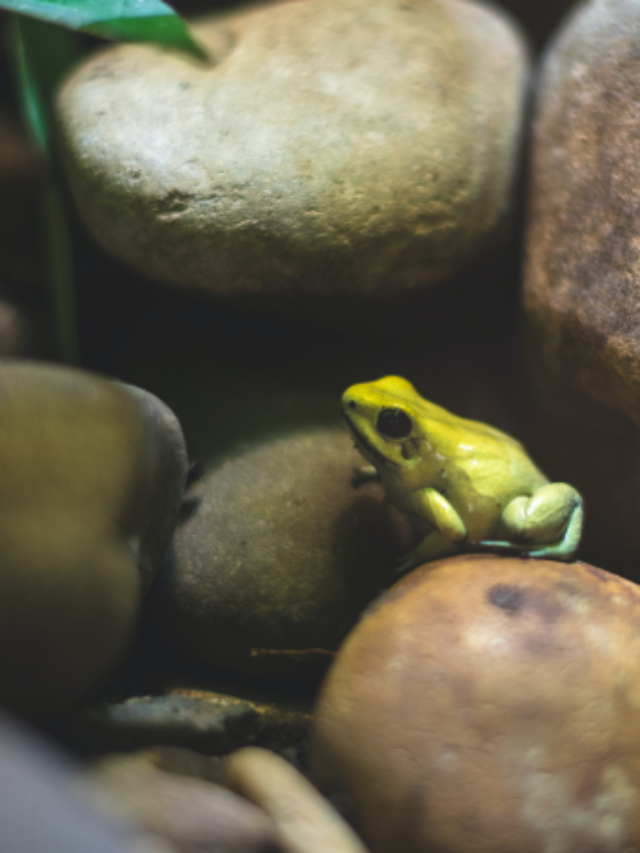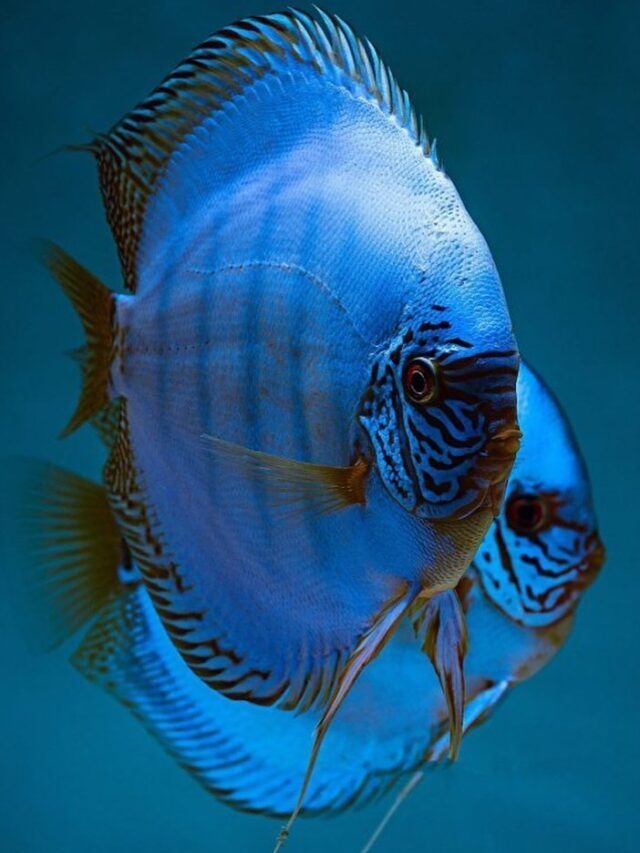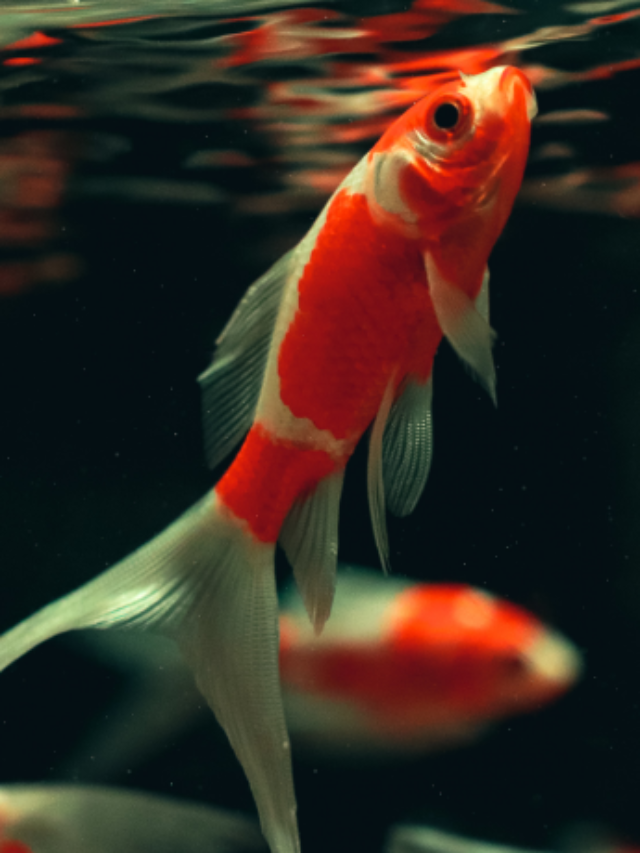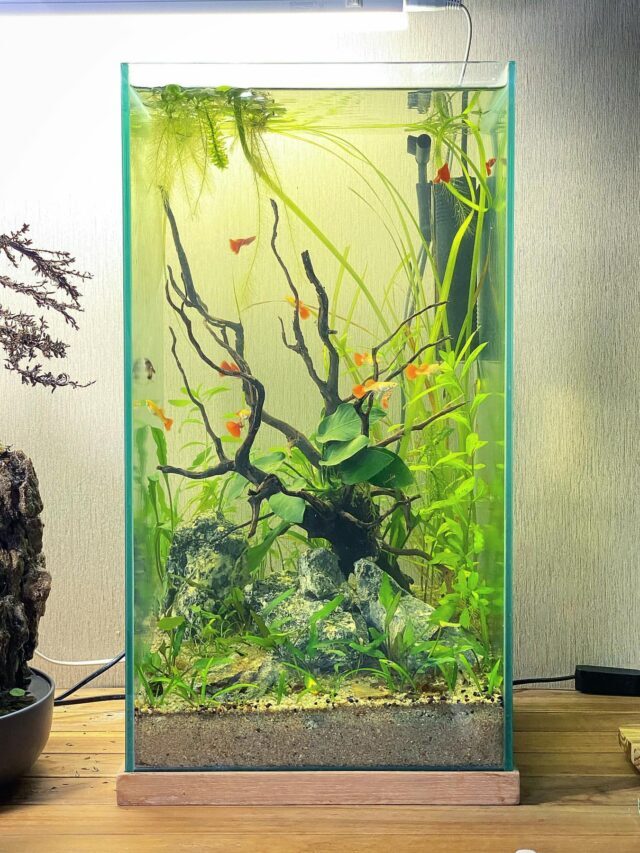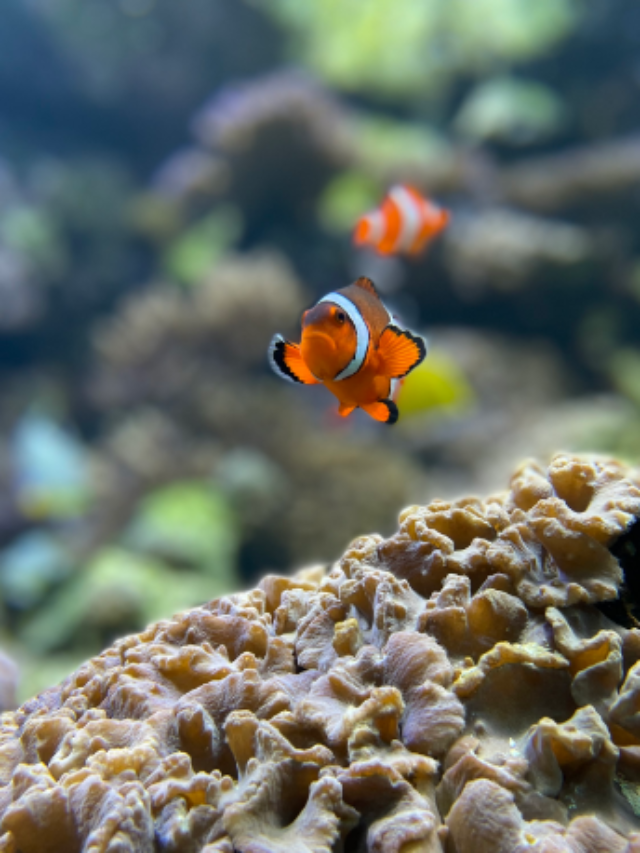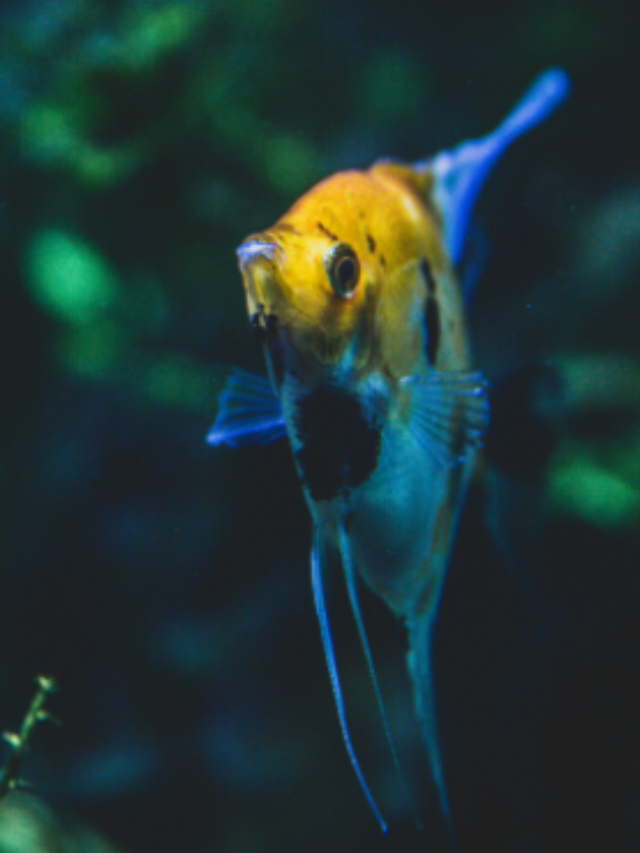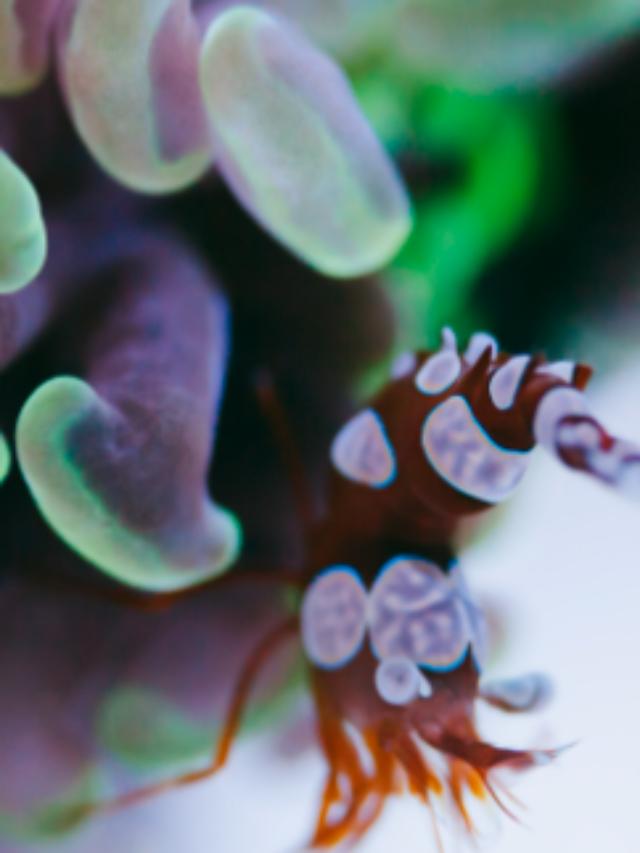Can We Keep a Fish Tank in the Dark? Know Scientific Truth
Check Our Quick Stories
Lots of aquarists think lights are not very important for aquarium fish. Actually, it is not the real case. Ornamental fish require a little bit of light to live healthily. However, if you have live plants then you must not keep a fish tank in the dark somehow.
As a whole, a fish tank can’t be kept in the dark fully. It seems like fish do not bother about lights. However, fishes require lights to maintain hormonal regulation, stress control, breeding etc. It happens due to diurnal variation. Besides this, to maintain a proper circadian rhythm, fish require light too.
This couple of lines may not help you to clear the concept of it. You have to know the scientific explanation of this question. Let’s dive deep into the topic
Here we are going to discuss the explanation that is certified by a veterinarian. So you must follow this.
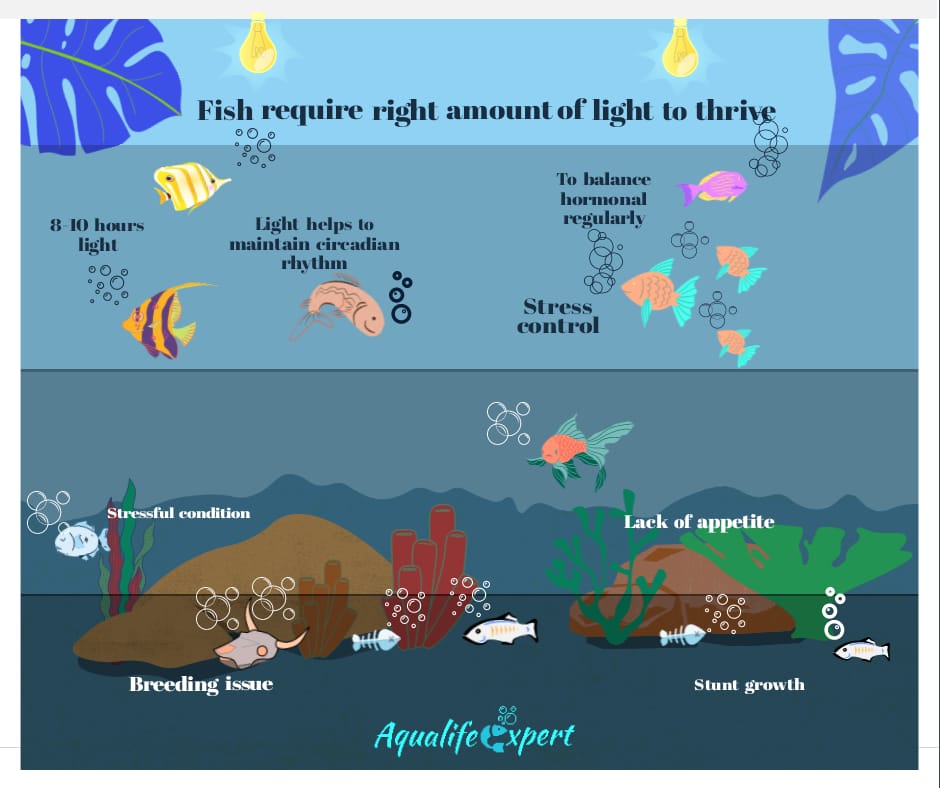
Can you keep an aquarium in the dark?
According to experts, you must not keep the aquarium in the dark completely. However, some people say that fish do not require lights to thrive. Now, these couple of statements contradicts each other.
Let’s learn the actual scientific truth
In fishkeeping, if you want to keep only fish on a fish tank then you may not require commercial lights unless you have at least two big windows in the room. Fishes may not require active lights like live aquatic plants however, it requires a little bit of light to thrive.
Generally, the eyes of fish are more sensitive than us and they can detect objects within much dimmer light. Not only that, but most of the ornamental fish come from the cloudy water (its origin). There these fish thrive with the help of sunlight only. So if your room gets sufficient sunlight during the daytime then it will be absolutely fine not to have commercial lights.
If you observe that the room is not getting sunlight minimum of 8 hours then you should go for hanging a commercial light. Minimum of 8-10 hours active lights are important for a fish tank.
The completely dark condition inside of an aquarium is harmful to fish passively. Fish inside of an aquarium may not die directly. However, due to lack of light lots of bad situations may appear for fish. It may change fish internally.
The dark environment inside of an aquarium may generate
- Breeding problem
- Issues during egg hatching
- Digestive imbalance
- Lack of appetite
- Hormonal irregularities
- Stunt growth
All of these happen for the diurnal variation. According to the research of Cambridge University, fish and other invertebrates thrive well where they get a sufficient amount of light. It maintains the right temperature for fish.
Along with all of these issues, a stressful condition will start simultaneously then the aggression of fish will increase with it. For this reason, fish may not cross their average lifespan and die.
Another theory states that ornamental fish require maintaining a circadian rhythm. It is a must for every living animal. This rhythm helps an animal to maintain the sleep cycle in 24 hours.
Without a right circadian rhythm, the biological clock will be obstructed for fish in an aquarium and due to this reason; the digestive system of fish will be disturbed. If your tank is completely in the dark condition then fish may not understand the external situation and it will increase stress. Due to all of these situations, fish may not live longer.
If you keep nocturnal fish species then commercial lights are mandatory. It is because nocturnal fish stay awake at night and sleep in the morning. Now during the night if you do not turn on the commercial light then it will not be good for these fish species.
Now let’s try to know about the opposite situation of this condition
Read Here:- Fish jumped out from aquarium: Scientific Truth from a veterinary
Can I leave the aquarium light on?
Nothing is good enough when it becomes excessive. Fish require light but if you put the light on for 24 hours then your aquarium may face lots of troubles. Let’s dive deep into it.
In general, the algal bloom will surely appear if the aquarium light is turned on for hours & due to this oxygen deficiency may occur. Moreover, it may create disturbance for fish to sleep comfortably. The temperature of the tank may increase too. Not only that, but it will consume unnecessary electricity also.
So it is not recommended to leave the light on all day long. The maximum you can extend up to 12 hours of the commercial lights to be turned on.
Algal blooms are a very bad condition for an aquarium. It may damage the tank internally. Initially fish will not bother about it. However, if you have live plants then algae may easily outcompete the live plants to get more oxygen and nutrients for them. Due to this reason, live plants will start dying off gradually and a hazardous condition will be created.
Having a few algae in an aquarium is a must. You can’t clean algae completely from an aquatic system. You should not try to do this even because algae help to establish the tank mostly. However, when you see algal bloom, it means your tank is going through an imbalance of some elements.
You must not leave the light because it will hamper the circadian rhythm too. Nocturnal fish may not sleep for the lights. They may not understand the external environmental conditions and due to this, a stressful condition may generate there. It will create more negative impacts if your aquarium does not have sufficient hiding spots. Thus it is better to take care of your aquarium well.
Should I leave my fish tank light on while on holiday?
As a whole, a fish tank does not require many commercial lights if there are no live plants. However, it’s better to use a timer when the tank owner is on holiday. Daily 6-8 hours light is enough for a tank. In absence of a timer, it’s better to turn off the light for a fish-only tank & sunlight will be enough.
If you are planning for a holiday and if you are worried about the aquarium fish then you should not because fish can live for many days without food. It is because of their natural habits. In the environment, they compete with other species to find food so they will not die from hunger if you are not planning for a long period of time.
In this case, you must turn off the aquarium lights if you do not have a timer. I have given an answer to the previous question about what exactly you will face if you leave the lights on for hours.
However, if you have a timer then set the timing daily 8 hours and forget about it. Having a timer is mandatory for the planted tank. But if you have only fish in the aquarium then only daylight is enough. If you notice a very dark condition in your room during the daytime also then you must purchase a timer for safety. Otherwise, it is not required.
| Note:- Don’t keep the aquarium under direct sunlight somehow. It will increase temperature and initiate an algal bloom. |
Final thoughts
You must not keep an aquarium in dark conditions. It is not recommended by us. Lots of experts may say that fish do not bother lights but actually their behaviour changes if they do not get sufficient lights per day.
If you want a healthy aquarium then you must provide lights for at least 8-10 hours. You can extend it up to 12 hours. However, if the room gets sufficient sunlight then it is not required to turn on the lights for 10 hours. For saving electricity, you can leave the light off too.
So best of luck & happy fishkeeping 🐟

